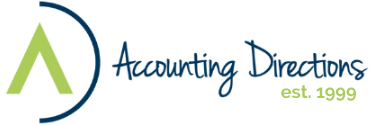Federal Budget – superannuation
The Budget has introduced a series of changes to superannuation tax arrangements that are intended to align superannuation with the purpose of providing income in retirement. The key elements of the superannuation changes include: Introducing a transfer balance cap There will be a $1.6 million superannuation transfer balance cap on the total amount of super…

